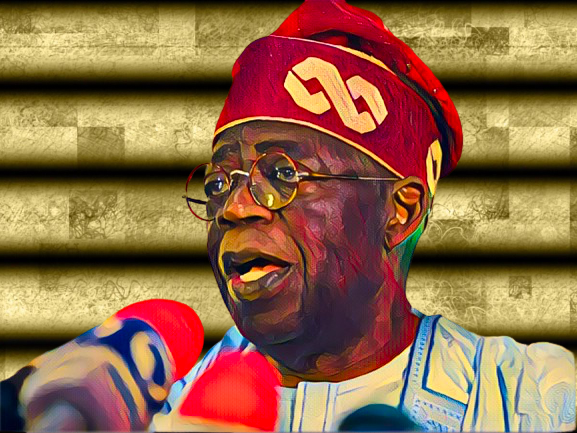President Bola Tinubu, in a firm declaration, stated that ministers in his cabinet who fail to meet performance expectations will be dismissed. This announcement was made during a meeting with the leadership of the Arewa Consultative Forum (ACF) at the Presidential Villa in Abuja. The President emphasized the government’s commitment to prioritizing the needs of local communities by ensuring accountability and effectiveness in the administration of local governments.
In his address, President Tinubu highlighted the diversity of Nigeria as a source of strength and opportunity, particularly noting the potential built into the nation’s large population. “As long as we are together, and we have to be together, there is strength in our diversity. I thank the cabinet members for their efforts, but I will relieve any of them of their duties anytime I feel that they are failing Nigerians,” he affirmed.
The discussion also covered the roles of state governors and traditional rulers in local development, with the President expressing disappointment in how state resources are managed. He pointed out the governors’ insufficient efforts to strengthen grassroots development and called on traditional rulers to hold them accountable.
The meeting addressed multiple critical issues, including the growing concerns of insecurity, high rates of out-of-school children, and economic challenges, particularly at the local government levels. Since the withdrawal of fuel subsidies in May 2023, the monthly Federal Account Allocation Committee’s distribution has increased significantly, with states sharing over N900 billion in October 2023, an increase of more than N120 billion from August.
President Tinubu stressed the importance of addressing local needs: “People reside in the local communities. That is where they work, farm, and live. If the local governments are not effective in delivering services; as leaders, we must not hang on to the numbers. We have 774 local government areas, but are they truly effective? Do they solve problems for Nigerians? Do they coordinate development programming with the state and federal governments?”
On the educational front, the President described the situation of out-of-school children as unacceptable, noting education as a critical tool against poverty. “The question of out-of-school children is unacceptable. Education is a tool against poverty, and that is what brought many of us here. We must use our education to serve the people and improve their conditions. We must develop the backbone of Nigeria’s economy, which is the education system. We will collaborate with you on this intensively,” he said.
Addressing national security, President Tinubu commended the efforts of Nuhu Ribadu, the National Security Adviser, and emphasized the need for more investment in technology to ensure the safety and security of Nigerians. He mentioned significant infrastructure projects like the AKK project, the dredging of the River Niger, and improving port access as essential elements in fighting insecurity and enhancing national prosperity.
The President urged governmental collaboration in making more land available for animal husbandry, believing that this may greatly benefit the economy. Economic development and livestock management were also discussed. He urged communication between the herders and the governors in order to support this endeavor.
At the end of the meeting, President Tinubu made a plea for maintaining support for his administration as it works to address the issues facing the nation and for national unity. He assigned Senator George Akume, the Secretary to the Government of the Federation, to head a committee that would look into the matters raised.


